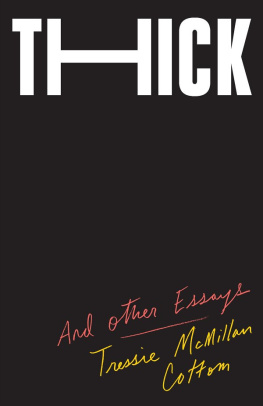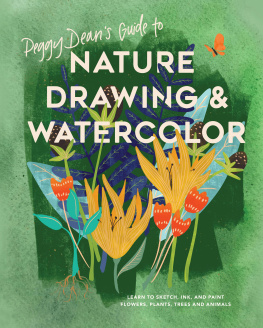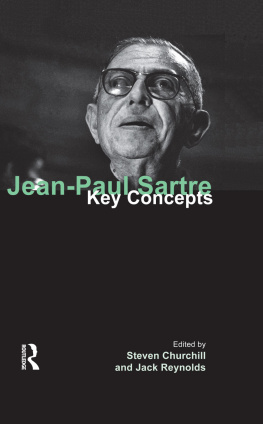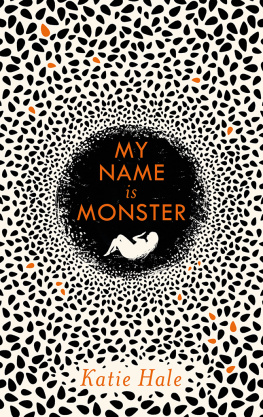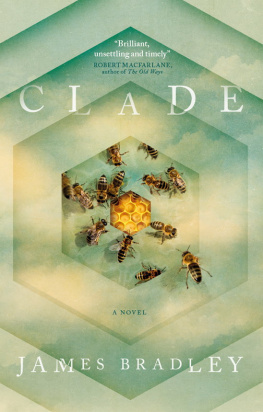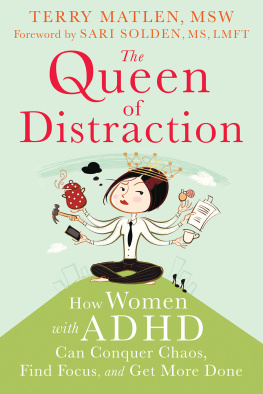THICK
Also by Tressie McMillan Cottom
Lower Ed: The Troubling Rise of For-Profit Colleges in the New Economy
For-Profit Universities: The Shifting Landscape of Marketized Higher Education
(co-editor with William A. Darity Jr.)
THICK
And Other Essays
TRESSIE McMILLAN COTTOM

2019 by Tressie McMillan Cottom
All rights reserved.
No part of this book may be reproduced, in any form, without written permission from the publisher.
Requests for permission to reproduce selections from this book should be mailed to: Permissions Department, The New Press, 120 Wall Street, 31st floor, New York, NY 10005.
Grateful acknowledgment is made to:
The Atlantic for permission to reprint The Problem with Obamas Faith in White People, 2016 by Tressie McMillan Cottom; the New York Times for permission to reprint How
We Make Black Girls Grow Up Too Fast, 2017 by Tressie McMillan Cottom; Warner Chappell Music, Inc. for permission to use lyrics from the song Thick & Pretty performed by Migos; Sony Music for permission to use lyrics from the song Mixd Girl performed by T-Pain; HarperCollins for permission to use lines from Those Who Love Us Never Leave Us Alone with Our Grief by Alice Walker, the foreword to Barracoon: The Story of the Last Black Cargo by Zora Neale Hurston (New York: Amistad, 2018), 2018 by Alice Walker; Curtis Brown, Ltd. for permission to use lines from the poem homage to my hips, copyright 1980 by Lucille Clifton. Now appears in The Collected Poems of Lucille Clifton 19652010 by Lucille Clifton, published by BOA Editions. Reprinted by permission of Curtis Brown, Ltd.
Published in the United States by The New Press, New York, 2019
Distributed by Two Rivers Distribution
ISBN 978-1-62097-436-0 (hc)
ISBN 978-1-62097-437-7 (ebook)
CIP data is available
The New Press publishes books that promote and enrich public discussion and understanding of the issues vital to our democracy and to a more equitable world. These books are made possible by the enthusiasm of our readers; the support of a committed group of donors, large and small; the collaboration of our many partners in the independent media and the not-for-profit sector; booksellers, who often hand-sell New Press books; librarians; and above all by our authors.
www.thenewpress.com
Book design and composition by Bookbright Media
This book was set in Goudy Oldstyle and Futura
Printed in the United States of America
2 4 6 8 10 9 7 5 3 1
For Gabrielle, always.
Life, inexhaustible, goes on. And we do too. Carrying our wounds and our medicines as we go. Ours is an amazing, a spectacular, journey in the Americas. It is so remarkable one can only be thankful for it, bizarre as that may sound.
Perhaps our planet is for learning to appreciate the extraordinary wonder of life that surrounds even our suffering, and to say Yes, if through the thickest of tears.
Alice Walker, from the foreword to Zora Neale
Hurstons Barracoon
CONTENTS
AUTHORS NOTE
This collection represents conversations I have had with many wonderful communities, some that intersect and others that do not. I have been fortunate. My interlocutors include social theorists, historians, sociologists, anthropologists, writers, researchers, academics, politicians, activists, and readers from all walks of life. They have pushed me to refine my analytical concepts without sacrificing my prose. And they have inspired me to aim for a cohesive framework of thought in our complicated days.
I owe my editor, Tara Grove of The New Press, an immeasurable debt for engaging me seriously, critically, and always in good faith. As a writer and a thinker it is difficult to find people willing to wade into your thought process to throw you a line out of it, which is what one must eventually do to write anything for a public. It is even more rare for a black woman thinker and writer to garner that kind of serious engagement with her intellectual production. I have, quite honestly, spent my entire life trying to find anyone who valued me enough as a thinker to engage me enough that I might become a better one. Tara does that.
Writing is always a brutally social process that is rude enough to masquerade as a solitary one. My name is on the cover. All mistakes in this volume are my own. But the best parts of my thinking are owed to the brilliant people who I can call friends: Jade Davis, Patricia A. Matthew, Melissa Creary, Roxane Gay, and Dorothy Brown push me to my highest self. They also make sure I leave enough of myself for myself. Lauren Garcia has provided me unparalleled research and support for this project. Hire her. My colleagues at Virginia Commonwealth University, where I teach and research as an assistant professor of sociology, provide me an intellectual space devoid of the petty politics that mar so many of our academic enclaves. Because they treat intellectual work as human labor, deserving of humane investment, I am able to do what I do.
And I do what I do because it is what I was put here to do. I am only sure about that and three other things in my entire life. Another of those things is that this work benefited greatly from the amazing scholarship of people like Beverly Guy-Sheftall, Patricia Hill Collins, Kimberl Crenshaw, Joan Morgan, Brittney Cooper, Keeanga-Yamahtta Taylor, Desiree Melton, Adrian Piper, Christina Greer, and many, many others. That you hear more from these womens male counterparts in popular media than you do from them is a large part of why I do what I do. It has become in vogue to say trust black women. One of the other things I know is that the time for choosing to do so has long passed. There is not a single global, national, or local condition to which black womens intellectual, spiritual, and emotional intelligences cannot be trusted to bring greater clarity. The 2016 election of Donald Trump joins the rise of nationalist, xenophobic, racist, sexist, and classist demagogues ascending to and consolidating power across the world. If not now, when?
Thick
Thick ethnography provides readers with a proxy experience for living in another culture such that they engage with its richness, pick up the threads, and do what members dowhich is to generate new meanings from the same cultural repertoire.
Roger Gomm and Martyn Hammersley
Like my women (like what?)
Thick and pretty (pretty and thick)
Migos, Thick & Pretty
these hips are big hips
they need space to
move around in.
they dont fit into little
petty places. these hips
are free hips.
Lucille Clifton
I was pregnant at thirty. Divorced at thirty-one. Lost at thirty-two. How else would I have ended up in a place called Rudeans? Rudeans was an institution. It sat in a strip mall on a street, Beatties Ford Road, that had once been the heart of the new black middle class in Charlotte, North Carolina. As went the fortunes of black homeownership, entrepreneurship, wealth creation, citizenship, and health, so went Beatties Ford Road.
Rudeans held on. So did Rudean. The establishment was named for its owner even though it perhaps would have sounded better were it not. But I do not tell old black people nothing. It is rude. What wasnt rude was Rudeans reputation. You grew up on jokes about the old players and aging fly girls living out their glory days at Rudeans, the nightclub that also sold fried fish plates and chicken wings. You had to get there early because parking was slim pickings. And there were only maybe a dozen or so tables pressed up against a long wall on the empty side of the room. The other wall had the bar, wrapped in tufted pleather and papered with liquor ads featuring smiling, glorious black people living the high life.
Next page
